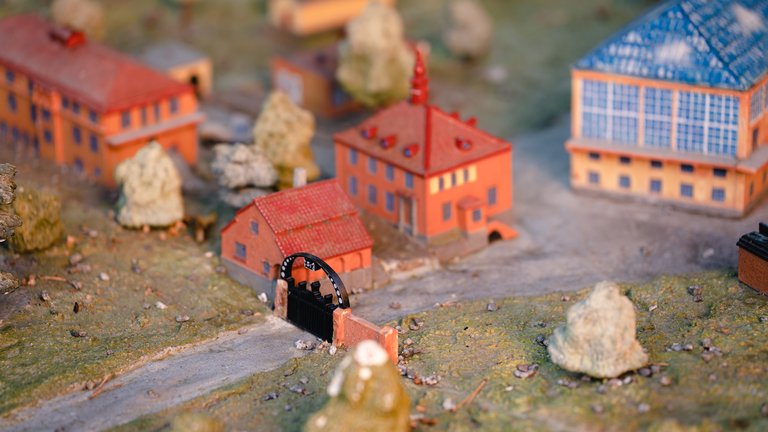Greta Garbo's Stockholm
Publish date: 14 February 2025
Greta Garbo, one of Golden Age Hollywood's biggest stars, was born and raised in Stockholm. Here are some Garbo-related places every cinephile should visit.
Greta Garbo (1905-1990) is considered one of the greatest and most inscrutable movie stars ever produced by Metro Goldwyn Mayer and Hollywood in the silent film period. While many silent-era stars struggled to make the transition into sound film, her commanding presence and slight Swedish accent turned into an asset instead, making her one of the most in-demand leading ladies of the 1930s.
However, Garbo's career was cut short at only 36 years old with Two-Faced Woman (1941). The film was unfortunately poorly received and since the USA had just entered the Second World War Garbo decided to take a break from acting until the war was over. Although still being offered roles in several projects, most notably as Norma Desmond in Billy Wilder's noir classic Sunset Boulevard (1950), Garbo never returned to acting.
Garbo received the Academy Honorary Award for her unforgettable screen performance in 1954, and in 1999 she was ranked the fifth greatest female star of all time by the American Film Institute. Garbo seemed keen on cutting ties with Hollywood though, even having said as much on several occasions. She spent the remainder of her life away from the public eye, and the media which she loathed, save for the occasional formal function. Although she is often described as a recluse Garbo actually had a large circle of friends with whom she socialized. Greta Garbo died in 1990, 86 years old, in her New York home.
I want to be alone.
Nine years after her passing, Garbo's remains were transported to her final resting place at The Woodland Cemetary in Southern Stockholm. Today you'll find a small memorial grove beside her grave, which is one of the most visited at the UNESCO-listed cemetery. Stockholm is also the place where she was born and raised, spent her formative years, and eventually got a foot through the door into the film industry before moving to the States.
Garbo was born Greta Lovisa Gustafsson. The Gustafsson family lived on Blekingegatan on Södermalm. The residential house was demolished in the '70s, but just a short walk due north you'll find Greta Garbo Square. The small square, with its circularly shaped hedges, is located just outside Garbo's primary school; Katrina Södra. Further north on Södermalm is Mosebacke Square and Södra Teatern. Here a young Garbo could often be found watching in amazement as performers, musicians, and actors would come and go from the theater.

It was while working at department store PUB in central Stockholm, that Garbo was discovered by director Erik A. Petschler. Petschler recognized her raw talent and offered her a role in Peter the Tramp (1922), while also advising her to get more training. She accepted both the role and his advice and enrolled in The Royal Dramatic Theatre School. She starred in several plays at the theatre before her movie career took off. PUB closed down in 2015, and today the building hosts a hotel; Haymarket by Scandic. The hotel's bar, Americain, is a popular watering hole and hang-out place in central Stockholm with an interior inspired by Art Deco and 1920s sophistication.
Garbo's big breakthrough was as Elizabeth Dohna in The Saga of Gösta Berling (1924) directed by Mauritz Stiller. The movie was filmed and produced, as most Swedish productions of the era, at SF's state-of-the-art studios in Filmstaden Råsunda. The film was a commercial success and garnered her international attention. Just a year later she along with Stiller was invited to America by MGM chief executive Louis B. Mayer. She quickly became one of the studio's most popular stars and the rest is Hollywood history.

Explore Stockholm's Hollywood
Selected filmography
- Peter the Tramp (1922)
- The Saga of Gösta Berling (1924)
- The Joyless Street (1925)
- Torrent (1926)
- Love (1927)
- A Woman of Affairs (1928)
- Anna Christie (1930)
- Mata Hari (1931)
- Grand Hotel (1932)
- Queen Christina (1933)
- Camille (1936)
- Ninotchka (1939)
- Two-Faced Woman (1941)
